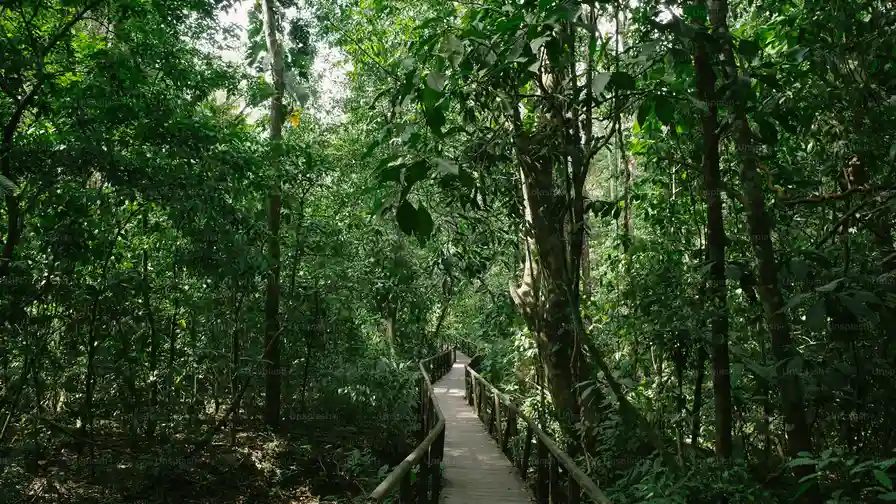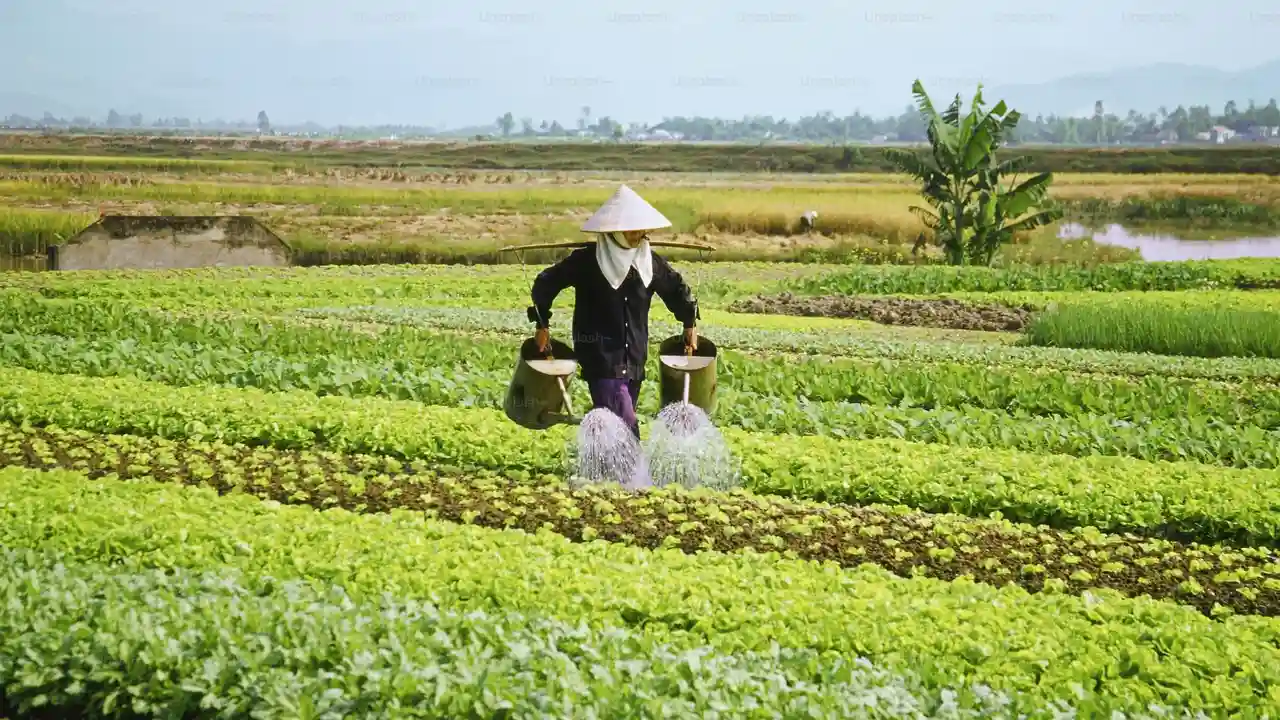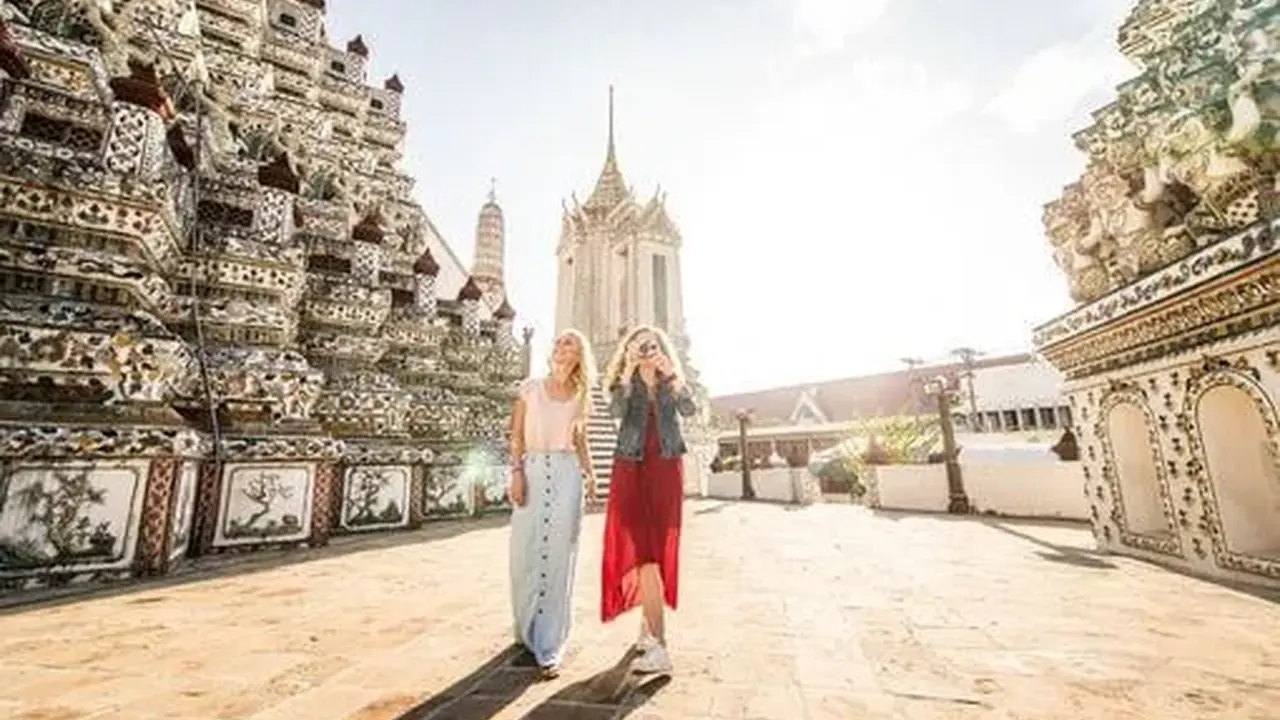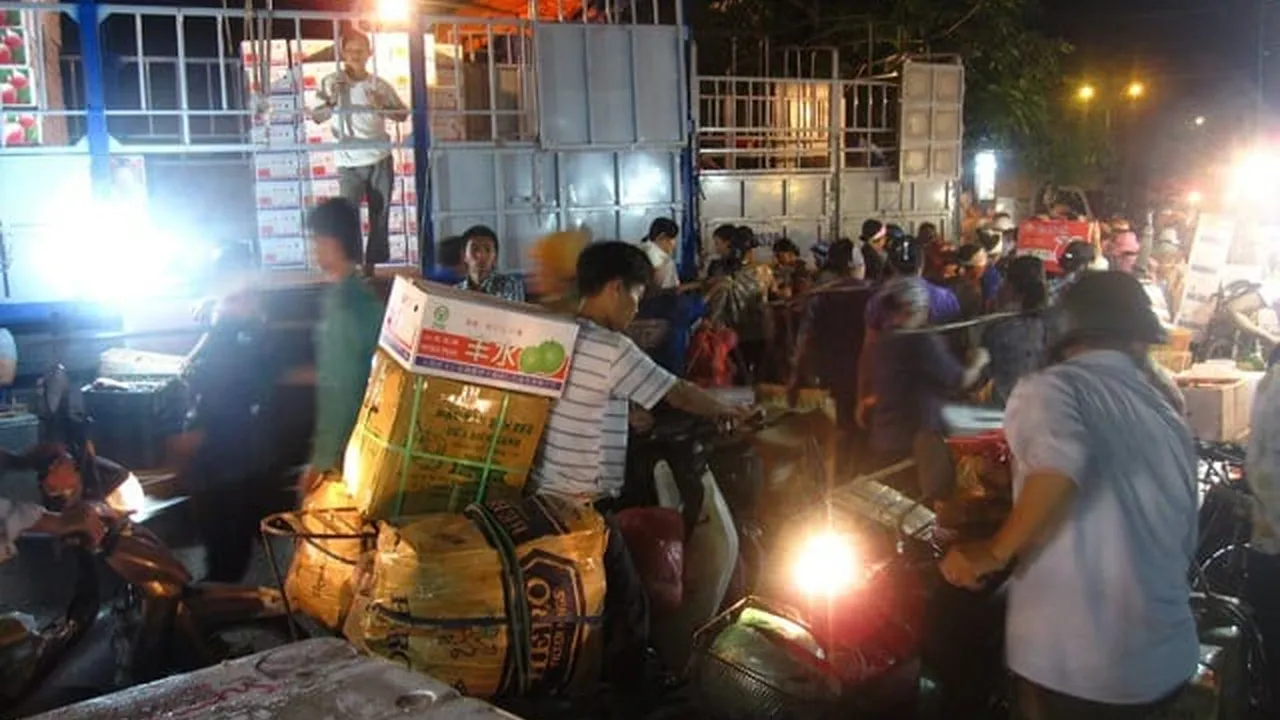Cambodia Community Based Tourism Guide
Support local communities in Cambodia through community-based tourism initiatives. This guide showcases villages offering homestays, cultural experiences, and sustainable activities. Discover authentic Cambodian culture while contributing to economic development.
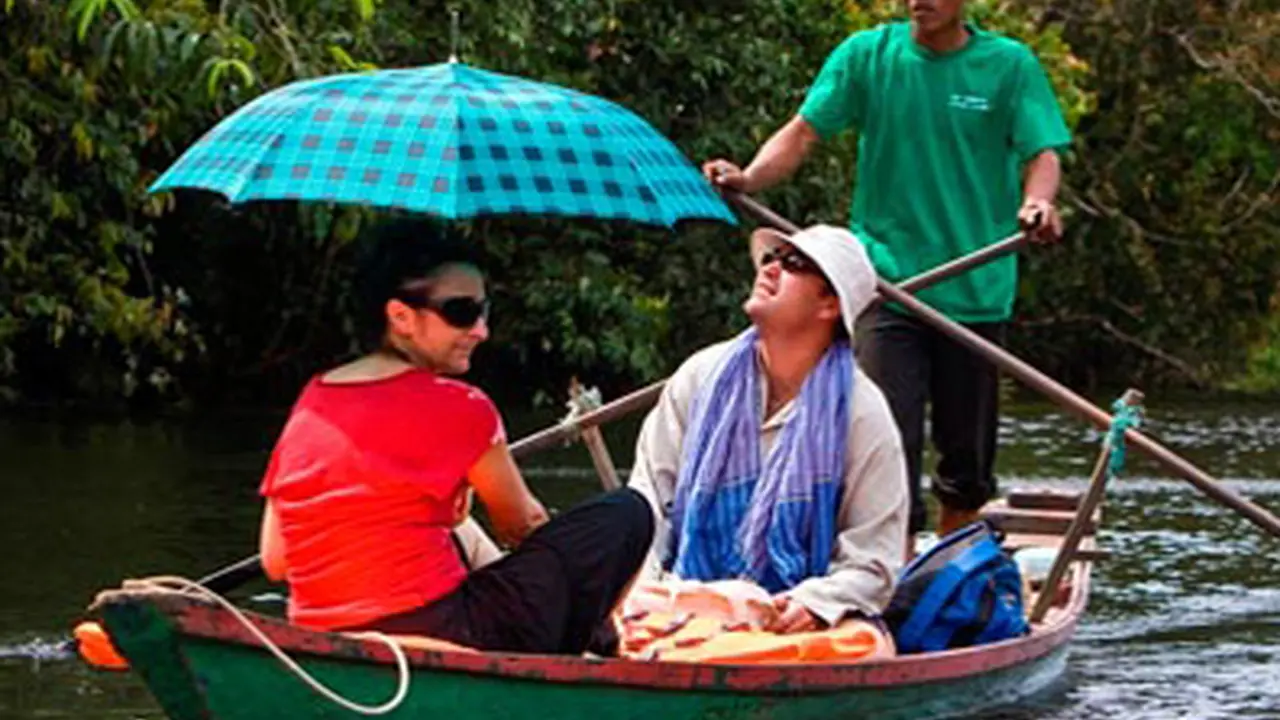
What is Community Based Tourism CBT in Cambodia
Hey there, fellow adventurers! Ever thought about traveling in a way that actually helps the local community you're visiting? That's exactly what Community Based Tourism (CBT) is all about. In Cambodia, CBT initiatives are popping up all over, offering you a chance to experience authentic culture while directly contributing to the economic well-being of the villages you explore. It's a win-win!
Why Choose CBT in Cambodia Over Regular Tourism
Okay, so why should you ditch the fancy resorts and opt for a CBT experience? Well, for starters, you get a much deeper, more meaningful connection with the local culture. Instead of just seeing the sights, you're actually living amongst the people, learning their traditions, and hearing their stories. Plus, your money goes directly to the community, helping them improve their livelihoods and preserve their cultural heritage. Forget mass tourism; CBT is all about sustainable and responsible travel!
Top CBT Villages and Destinations in Cambodia for Cultural Immersion
Ready to dive in? Here are a few top CBT villages and destinations in Cambodia that offer amazing cultural immersion experiences:
Chi Phat Community Eco-Tourism in the Cardamom Mountains
Chi Phat is nestled deep within the Cardamom Mountains, offering stunning natural beauty and unique cultural experiences. You can trek through the jungle, kayak down the river, visit waterfalls, and learn about the local flora and fauna. And, of course, you'll be staying in local homestays, eating traditional Khmer food, and getting to know the friendly villagers.
Andong Tha Village near Phnom Penh Sustainable Experiences
Just a short trip from Phnom Penh, Andong Tha Village provides a glimpse into rural Cambodian life. Experience traditional farming practices, learn about silk weaving, and participate in cultural workshops. This is a great option if you're short on time but still want an authentic CBT experience.
Kratie Province Mekong Dolphin Watching and Village Stays
Kratie Province is famous for its Irrawaddy dolphins, and many CBT initiatives focus on responsible dolphin watching tours. You can also stay in local villages, learn about the local fishing techniques, and explore the beautiful Mekong River.
Activities Offered in Cambodian CBT Programs
So, what can you actually do in these CBT villages? Get ready for some awesome adventures!
Homestays Immersive Cultural Exchange
One of the most popular activities is staying in a homestay. This is your chance to live like a local, eat with the family, and learn about their daily routines. Don't be surprised if you end up helping with chores or playing games with the kids! It's a truly immersive experience.
Traditional Craft Workshops Cambodian Art and Skill
Many villages offer workshops where you can learn traditional crafts like silk weaving, pottery, or basket making. These workshops are a great way to connect with local artisans and learn about the cultural significance of these crafts.
Guided Tours Exploring Local Landscapes
Explore the surrounding landscapes with a guided tour led by local villagers. They'll show you hidden waterfalls, ancient temples, and stunning viewpoints that you wouldn't find on your own.
Cooking Classes Khmer Culinary Delights
Learn to cook delicious Khmer dishes with a hands-on cooking class. You'll visit local markets to pick out fresh ingredients and then learn how to prepare traditional meals. Get ready to impress your friends back home with your newfound culinary skills!
Farming Experiences Authentic Rural Life
Get your hands dirty with a farming experience! You can help with planting rice, harvesting crops, or tending to animals. It's a great way to connect with nature and learn about the local agricultural practices.
Recommended Products and Gear for CBT in Cambodia
Alright, let's talk gear. You'll want to pack appropriately for your CBT adventure. Here are a few recommended products:
LifeStraw Water Filter Bottle Stay Hydrated Safely
Clean drinking water is essential, especially in rural areas. The LifeStraw Water Filter Bottle filters out bacteria and parasites, ensuring you stay hydrated and healthy.
* **Use Case:** Trekking, hiking, and general travel in rural areas.
* **Comparison:** Compared to water purification tablets, the LifeStraw is faster, more convenient, and doesn't leave a chemical taste.
* **Price:** Around $30.
Mosquito Net Protection from Bites
Protect yourself from mosquito bites, especially if you're sleeping in a homestay or camping. A mosquito net is a must-have.
* **Use Case:** Sleeping in areas with mosquitoes.
* **Comparison:** Compared to mosquito repellent spray, a net provides physical protection and doesn't need to be reapplied.
* **Price:** Around $20.
Headlamp Hands-Free Lighting
A headlamp is super useful for navigating around villages at night or exploring caves and temples.
* **Use Case:** Nighttime walking, trekking, and exploring.
* **Comparison:** Compared to a flashlight, a headlamp leaves your hands free.
* **Price:** Around $25.
Reusable Shopping Bag Eco-Friendly Travel
Reduce your plastic consumption by bringing a reusable shopping bag. You can use it for buying souvenirs, groceries, or anything else you need.
* **Use Case:** Shopping at local markets and stores.
* **Comparison:** Better for the environment than using plastic bags.
* **Price:** Around $10.
First Aid Kit Stay Prepared
A basic first aid kit is always a good idea, especially when traveling to remote areas. Include essentials like bandages, antiseptic wipes, pain relievers, and any personal medications.
* **Use Case:** Treating minor injuries and illnesses.
* **Comparison:** Provides immediate care for minor health issues.
* **Price:** Around $30.
How to Choose a Reputable CBT Operator in Cambodia Ethical Travel
Not all CBT operators are created equal. It's important to choose a reputable operator that prioritizes the well-being of the local community and promotes sustainable tourism practices. Here are a few tips:
Research and Read Reviews Verify Credibility
Do your research and read reviews from other travelers. Look for operators that have positive feedback and a proven track record of supporting local communities.
Check for Certification Sustainable Tourism Practices
See if the operator is certified by a recognized sustainable tourism organization. This is a good indication that they adhere to ethical and environmentally responsible practices.
Ask About Community Involvement Direct Impact
Ask the operator about their community involvement. How much of the money goes directly to the local community? What projects are they supporting? Are the villagers involved in the decision-making process?
Consider Environmental Impact Minimize Footprint
Think about the environmental impact of the operator's activities. Are they minimizing their carbon footprint? Are they protecting the local ecosystems? Are they promoting responsible waste management?
Responsible Travel Tips for CBT in Cambodia Cultural Sensitivity
Finally, here are a few responsible travel tips to keep in mind when participating in CBT in Cambodia:
Respect Local Customs and Traditions Cultural Awareness
Be respectful of local customs and traditions. Dress modestly, ask permission before taking photos, and learn a few basic Khmer phrases.
Support Local Businesses Economic Empowerment
Support local businesses by buying souvenirs, eating at local restaurants, and using local transportation.
Minimize Your Environmental Impact Eco-Conscious Travel
Minimize your environmental impact by reducing your waste, conserving water, and avoiding single-use plastics.
Learn About the Local Culture Cultural Exchange
Take the time to learn about the local culture. Talk to the villagers, ask questions, and be open to new experiences.
Be a Responsible Tourist Ethical Considerations
Be a responsible tourist by avoiding activities that exploit people or harm the environment.
:max_bytes(150000):strip_icc()/277019-baked-pork-chops-with-cream-of-mushroom-soup-DDMFS-beauty-4x3-BG-7505-5762b731cf30447d9cbbbbbf387beafa.jpg)



